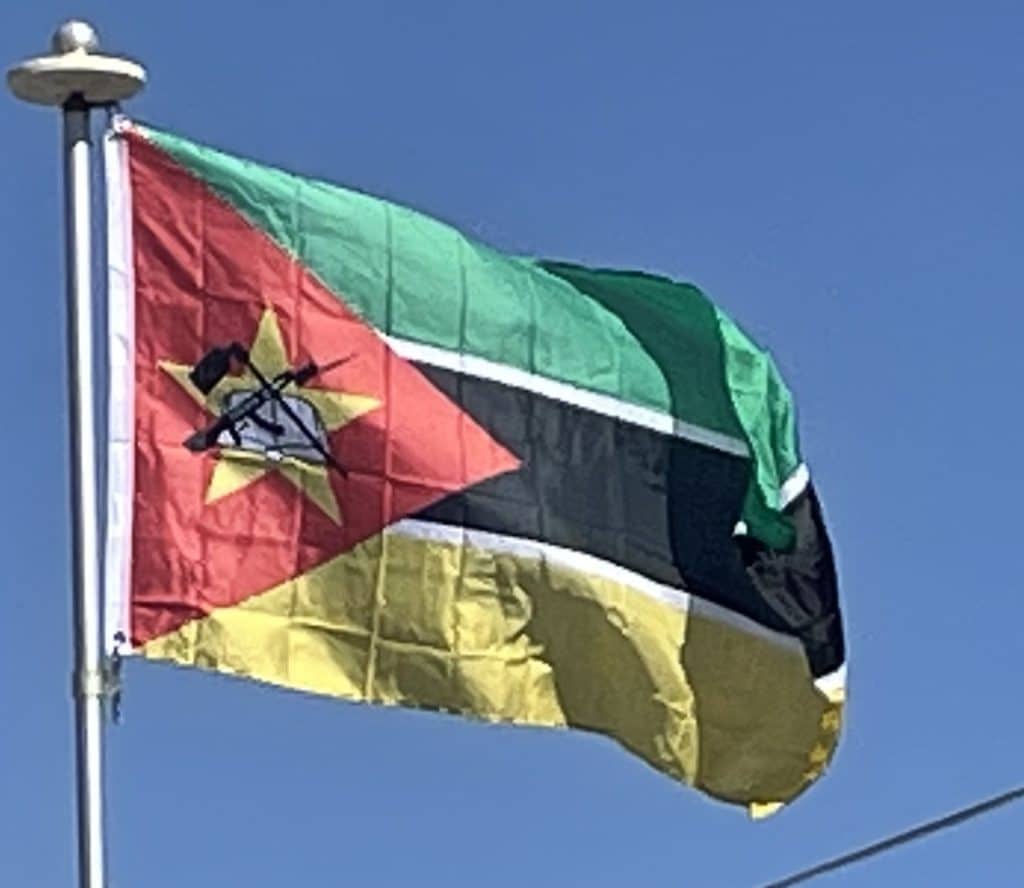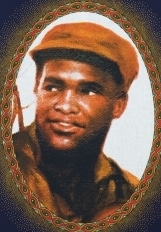
Independence (1975):
FRELIMO took control of the territory after ten years of sporadic warfare, as well as Portugal’s own return to democracy after the fall of the authoritarian Estado Novo regime in the Carnation Revolution of April 1974 and the failed coup of 25 November 1975.
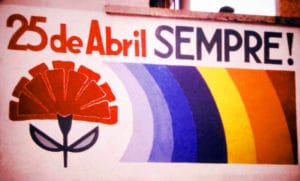
Within a year, most of the 250,000 Portuguese in Mozambique had left—some expelled by the government of the nearly independent territory, some fleeing in fear—and Mozambique became independent from Portugal on 25 June 1975. A law had been passed on the initiative of the relatively unknown Armando Guebuza of the FRELIMO party, ordering the Portuguese to leave the country in 24 hours with only 20 kilograms (44 pounds) of luggage. Unable to salvage any of their assets, most of them returned to Portugal penniless.
Mozambican Civil War (1977–1992):
The new government under president Samora Machel established a one-party state based on Marxist principles. It received diplomatic and some military support from Cuba and the Soviet Union and proceeded to crack down on opposition. Starting shortly after the independence, the country was plagued from 1977 to 1992 by a long and violent civil war between the opposition forces of anti-communist Mozambican National Resistance (RENAMO) rebel militias and the FRELIMO regime. This conflict characterized the first decades of Mozambican independence, combined with sabotage from the neighboring states of Rhodesia and South Africa, ineffective policies, failed central planning, and the resulting economic collapse. This period was also marked by the exodus of Portuguese nationals and Mozambicans of Portuguese heritage, a collapsed infrastructure, lack of investment in productive assets, and government nationalization of privately owned industries, as well as widespread famine.
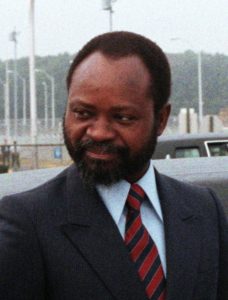
The FRELIMO regime also gave shelter and support to South African (African National Congress) and Zimbabwean (Zimbabwe African National Union) rebel movements, while the governments of Rhodesia and later South Africa (at that time still apartheid) backed RENAMO in the civil war. The civil war took about 600 000 lives, by 1990, the number increased to over a million people.
On 19 October 1986, Samora Machel was on his way back from an international meeting in Zambia in the presidential Tupolev Tu-134 aircraft when the plane crashed in the Lebombo Mountains near Mbuzini. There were ten survivors, but President Machel and thirty-three others died, including ministers and officials of the Mozambique government.
Machel’s successor Joaquim Chissano implemented sweeping changes in the country, starting reforms such as changing from Marxism to capitalism, and began peace talks with RENAMO. The new constitution enacted in 1990 provided for a multi-party political system, market-based economy, and free elections. The civil war ended in October 1992 with the Rome General Peace Accords, first brokered by the Christian Council of Mozambique (Council of Protestant Churches) and then taken over by Community of Sant’Egidio. Peace returned to Mozambique, under supervision of the ONUMOZ peacekeeping force of the United Nations.
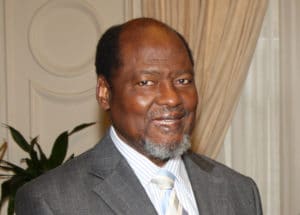
Democratic Era (1993–present):
Mozambique held elections in 1994, which were accepted by most political parties as free and fair although still contested by many nationals and observers alike. FRELIMO won, under Joaquim Chissano, while RENAMO, led by Afonso Dhlakama, ran as the official opposition.
